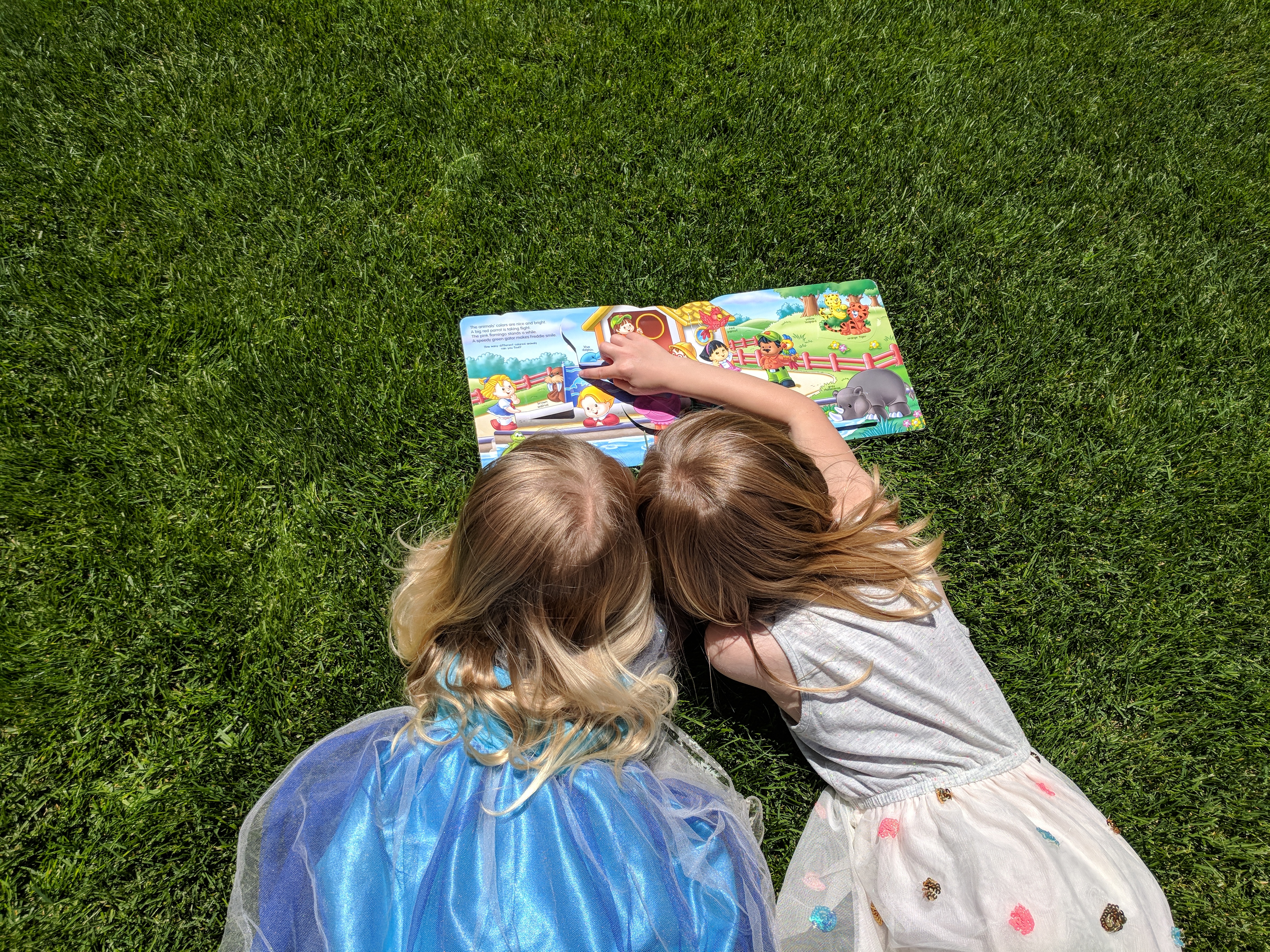If your family is anything like mine, we look forward to the summer for its lazy days, abundant sunshine and relaxed schedule. But the reality is, the second the dismissal bell rings, kids begin what has become known as the “Summer Slide.” Summer Slide refers to the learning loss that occurs in school-aged children over the summer when they are not actively practicing and applying academic skills. The Colorado Department of Education estimates that kids can lose up to two-to-three months of reading and math instruction over just one summer. Math workbooks and forced reading practice, however, aren’t most kids’ idea of summer fun. But it doesn’t have to be a battle. Here are five fun ways to make academics part of your summer routine.
Write About It
Summer is a time for camping, trips to the zoo and afternoons at the pool. Have your child write about their experiences. Let them pick out their own journal to write in daily or a few times a week. Some even have prompts specifically to get kids thinking and writing about themselves and their experiences (check out Amazon for some especially cute ones). If a journal isn’t their thing, have them write letters (or emails) to a grandparent, a cousin or a friend about what they’re doing over the summer. Picking out new stationery or cards can be a big motivator for kids. It doesn’t have to be a formal piece of writing, even a paragraph or two can keep their skills sharp.
Let Them Choose
Kids are far more excited to read when they choose their own books. Make trips to the library part of your summer routine. Public libraries in Colorado offer free summer reading programs to keep kids of all ages motivated. Encourage your kids to read whatever interests them, whether it’s comic books, a beloved series or magazines. Then, make it fun! Take books to the park and sit under a shady tree to read for 20 minutes before you play. Take your child on a “reading date” to a favorite ice cream or coffee store. Encourage your kids to read to a younger sibling, a pet or even a favorite stuffed animal.
Give in To Screen Time
As parents, we’re almost always monitoring and restricting the time our kids spend on electronic devices, what’s become known as “screen time.” Why not cash in on their love of all things electronic? There are many high-quality educational websites for kids that encourage practice in everything from reading to spelling to math. Some top contenders for reading are Raz-kids, Starfall and Storyline Online. Computer games are a great way to practice math skills as well. Starfall Math and Prodigy both offer grade-level math practice. Prodigy will even email progress reports to parents.
A Little Healthy Competition
Try a family reading competition. You could use the number of books or the number of pages read as a measure, depending on the age and reading level of your kids. The winner gets to pick an activity for the family to do or a restaurant to eat at. Parents should participate too! When kids see their parents reading it reinforces that reading is enjoyable. And, as every parent knows, kids love to beat their parents at anything!
To get kids writing, give them an authentic purpose. Have them write to persuade you to do an activity they want to do. If you have multiple children, they can compete against each other. You can set aside a few days during the summer as “kids’ choice.” The most persuasive writer chooses the activity.
Get it Delivered
There are dozens of activity box delivery companies around these days. You can sign up to have boxes delivered right to your door with art, science, geography, engineering, math and even cooking activities to do with your child. Kiwicrate, Tinkerbox, Little Passports and Foodstirs are all great options. These kits, aside from the excitement of receiving a package, help kids to see the application of academic skills in real life. When cooking, for example, kids must use their reading skills to understand the recipe, math skills to understand fractions and measurement, and even science to understand how ingredients work together to cause a reaction. Subscription boxes offer an opportunity to incorporate academic skills into something kids think of as special and fun.
When kids keep up with their academic skills over the summer, they return to school feeling confident and ready for the new school year. By encouraging kids to work on academic skills in a fun way, families can focus on long afternoons by the pool, evening bike rides and weekend camping trips. And that’s what summer is all about.


